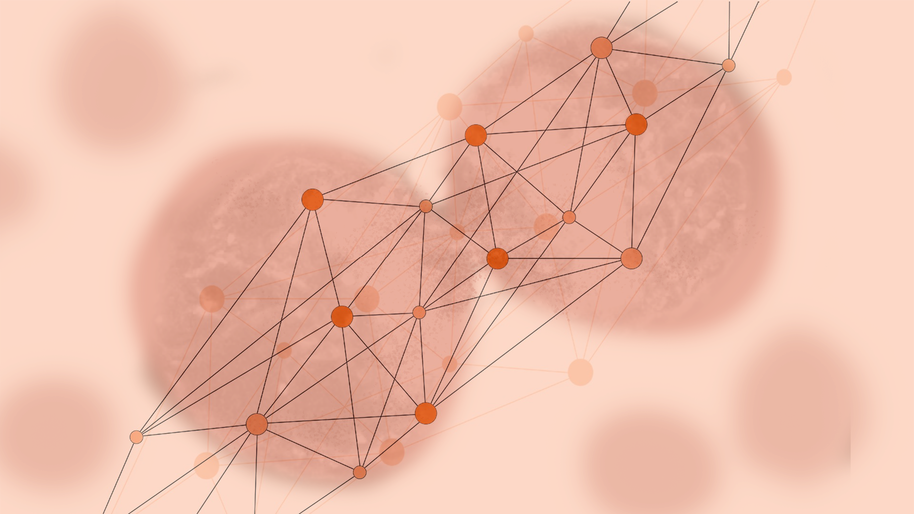Annual Report 2023: Highlights
In 2023, HIIT directly supported a wide range of collaborative research projects and events. Below we present a sample of activities of the Helsinki ICT community in 2023.
Helsinki ICT Research Day
HIIT hosted the Helsinki ICT Research Day at Aalto University on Wednesday 31 January. The event attracted over 200 registered participants working on different fields of information and communications technology.
See the story.
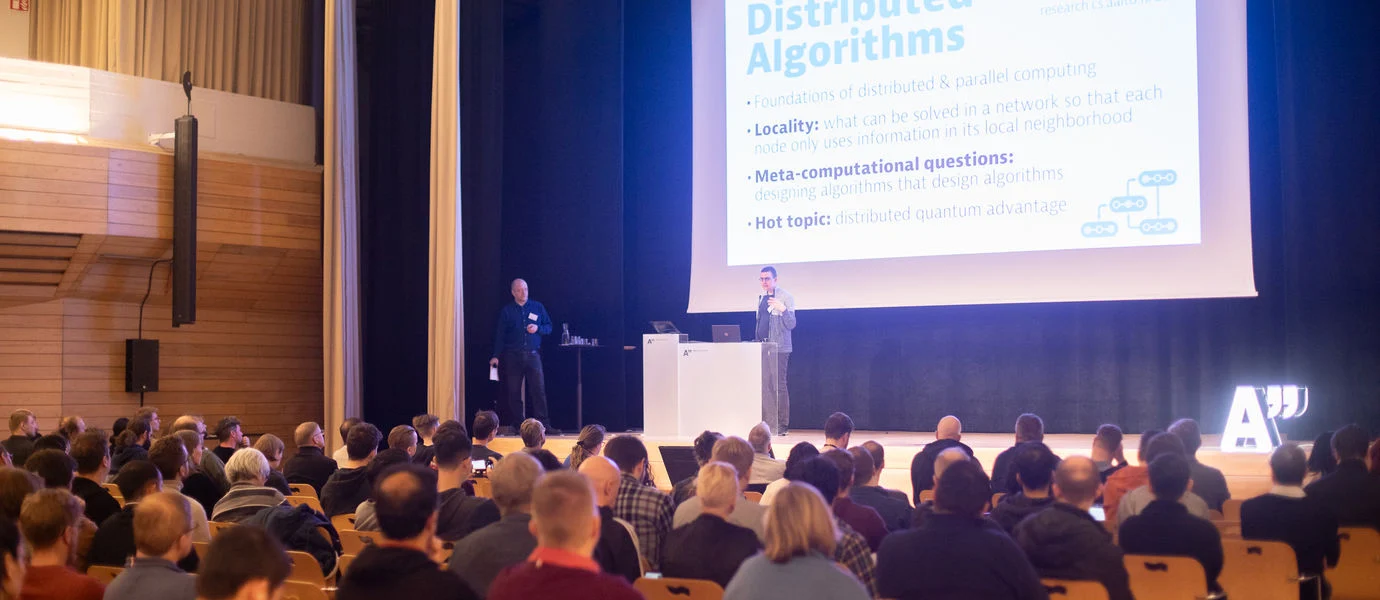
Can ChatGPT be trusted?
ChatGPT, Dall-e and similar AI systems evoke both excitement and fear. Matti Nelimarkka, visiting scholar at Aalto University and University Lecturer in Social Data Science at the University of Helsinki, clarifies some common misconceptions about these systems.
See the story.
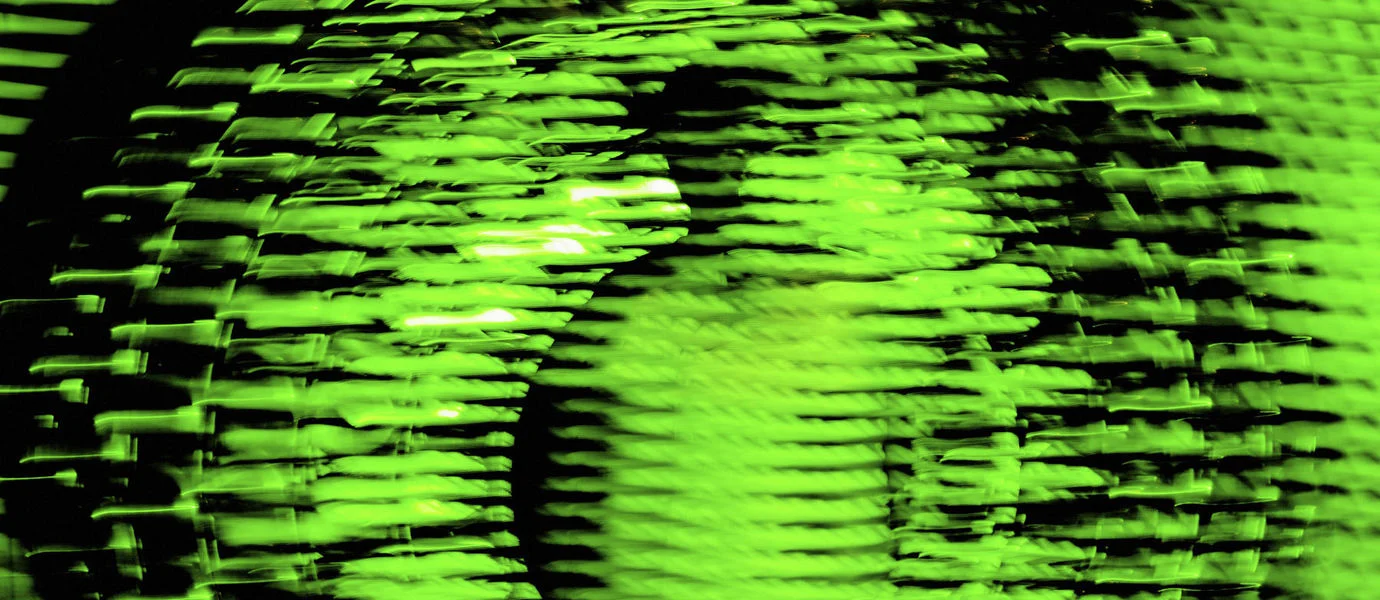
Disinformation can reinforce polarization in society
With over four billion people eligible to vote in elections, 2024 is the largest election year ever. At the same time, disinformation and polarization on social media pose unprecedented challenges to the democratic process. New research from Aalto University and the University of Helsinki investigated how real-world shocks affect online discussions, using the Ukraine war and Finland’s NATO accession to understand how disinformation reinforces polarization.
See the story
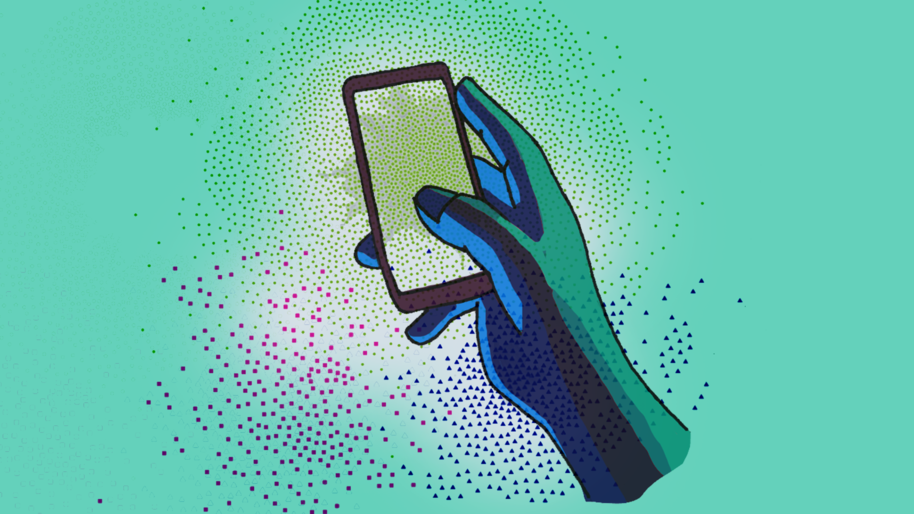
Why can’t AI say ‘I don’t know’?
Artificial intelligence models like ChatGPT can be powerful tools, but they’re also often overconfident. AI tools are poor at estimating the uncertainty in their predictions and most aren’t able to say ‘I don’t know’ in response to an unfamiliar situation.
See the story.
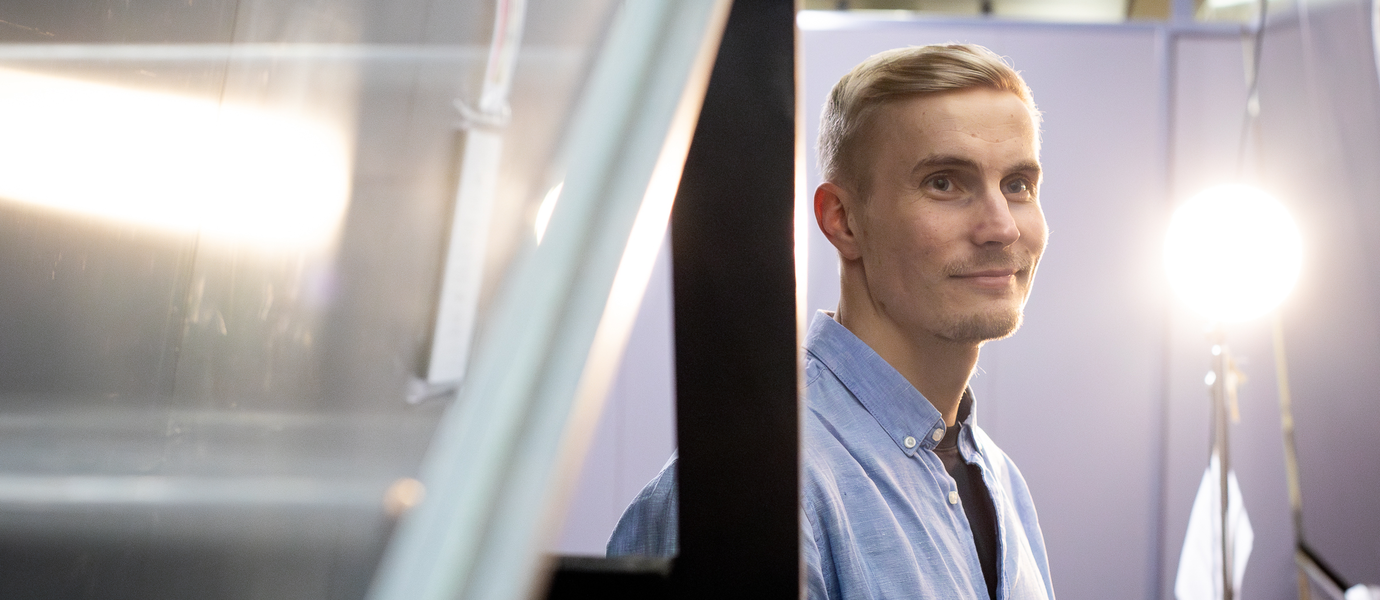
Study on mobile device motion detection receives an award for pioneering research that has stood the test of time
The study entitled Accelerometer-Based Transportation Mode Detection on Smartphones, published ten years ago, has received the SenSys Test of Time Award, which was announced at the ACM SenSys conference in Istanbul in November 2023.
See the story.
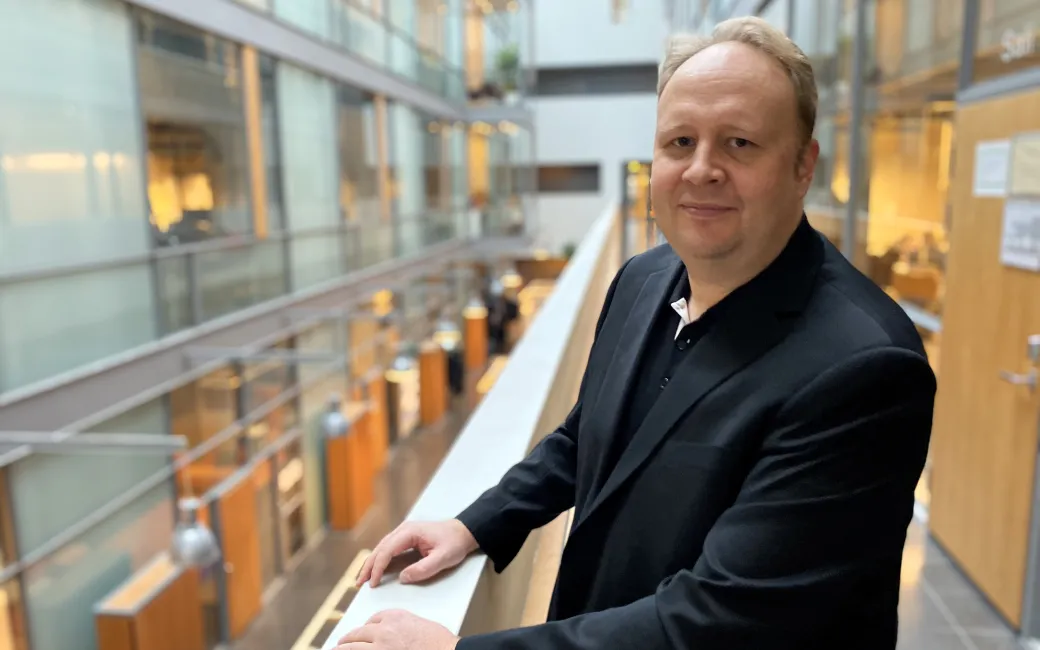
New study sheds light on people’s social signatures in online behaviour
Human interaction is profoundly shaped by our social networks, which extend their impact to both offline and online domains. A new study by network scientists at Tampere University, Aalto University and the Central European University investigated how our social circles are formed and maintained in various communication channels.
See the story.
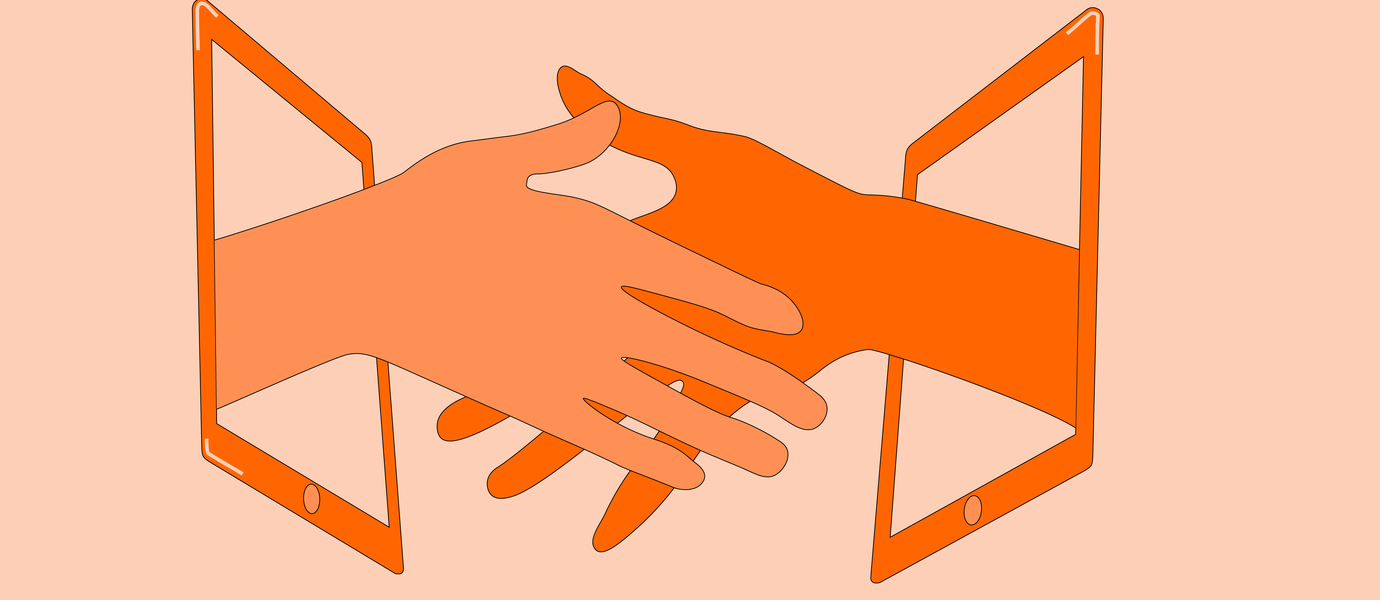
Digital virology pipeline brings AI’s expert eye to identifying infections
Microscopy plus machine learning equals a quick, cheap and automated way to detect not only coronavirus, but other emerging pathogens or cellular responses to drugs.
See the story
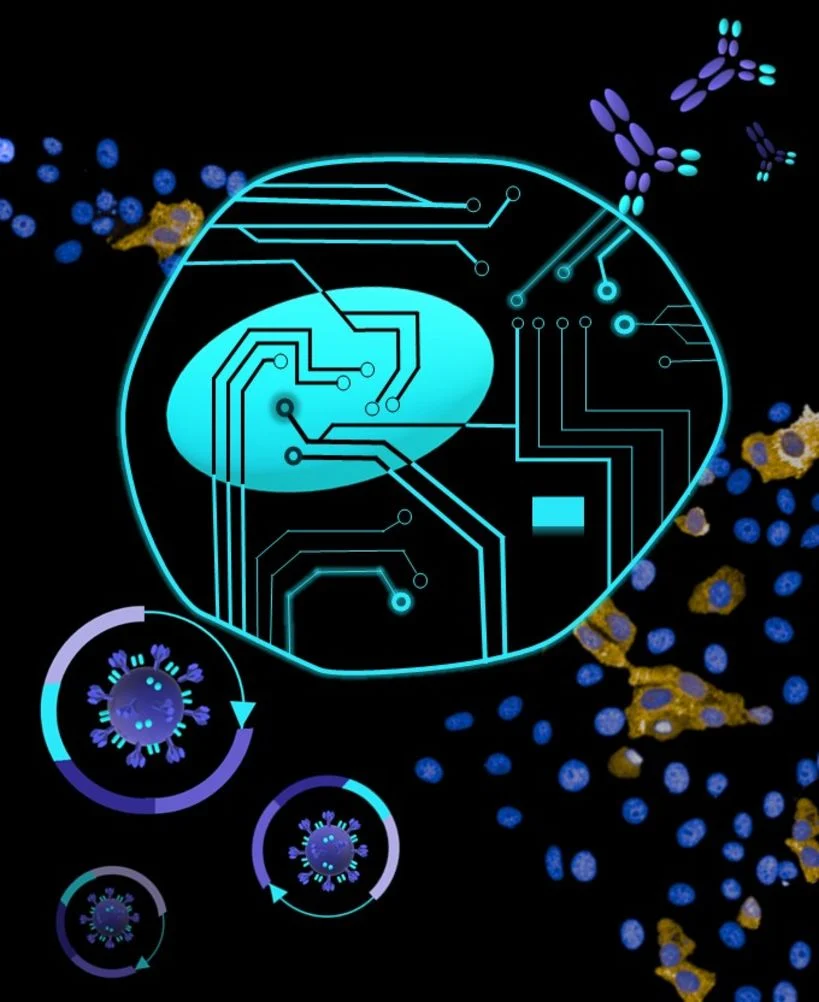
Online games use dark designs to collect player data
The privacy policies and practices of online games contain dark design patterns which could be deceptive, misleading, or coercive to users, according to a new study from Aalto University.
See the story.
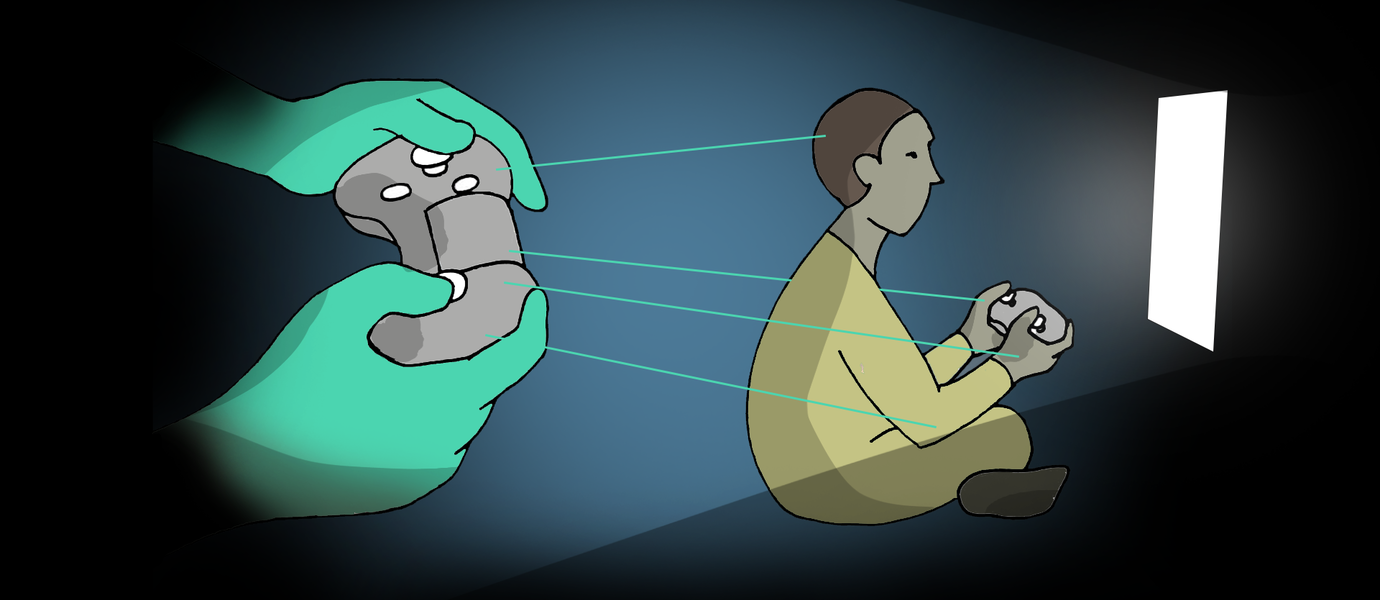
Wihuri Foundation awards major funding for multidisciplinary research of future energy systems
See the story.
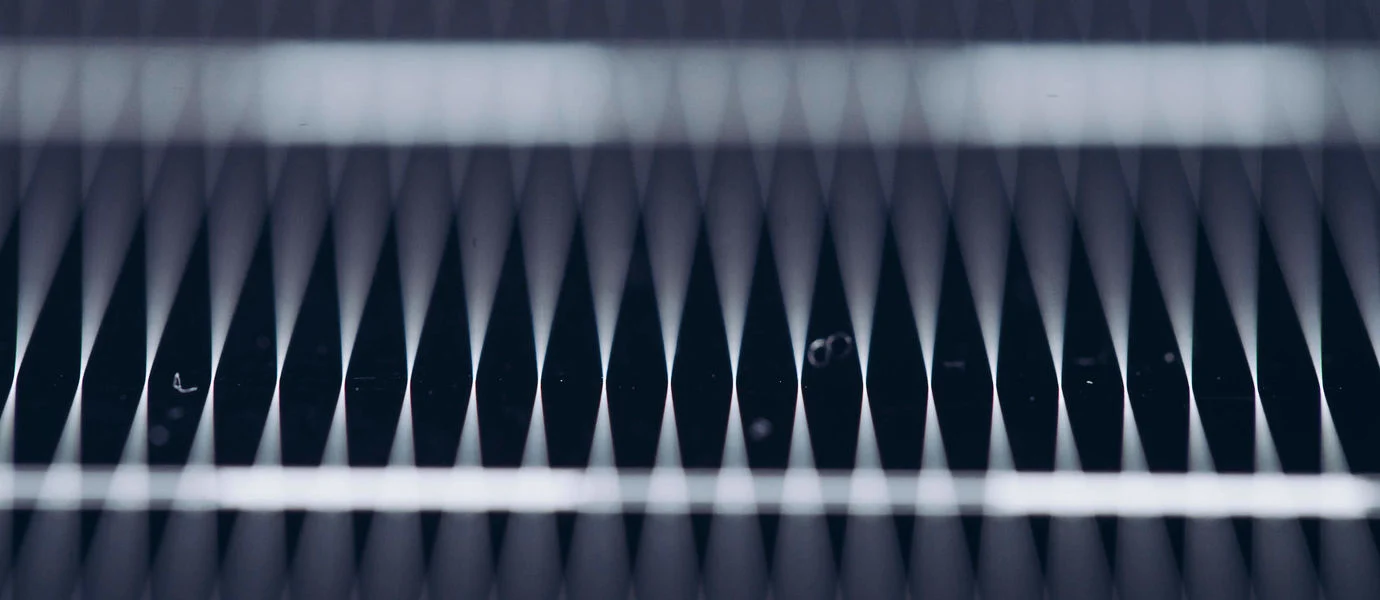
Pushing the Frontier of Exact Yet Flexible Probabilistic AI with Subtractive Deep Models
MSc thesis of Aleksanteri Sladek explores increasing the expressiveness of deep tractable probabilistic models.
This work was partially funded by HIIT community support.
See the story
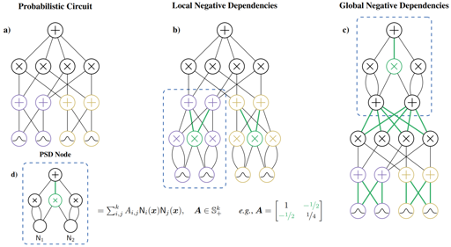
Novel View Synthesis using Diffusion Probabilistic Models
MSc thesis of Bernard Spiegl proposes a diffusion probabilistic framework for performing novel view synthesis.
See the story.
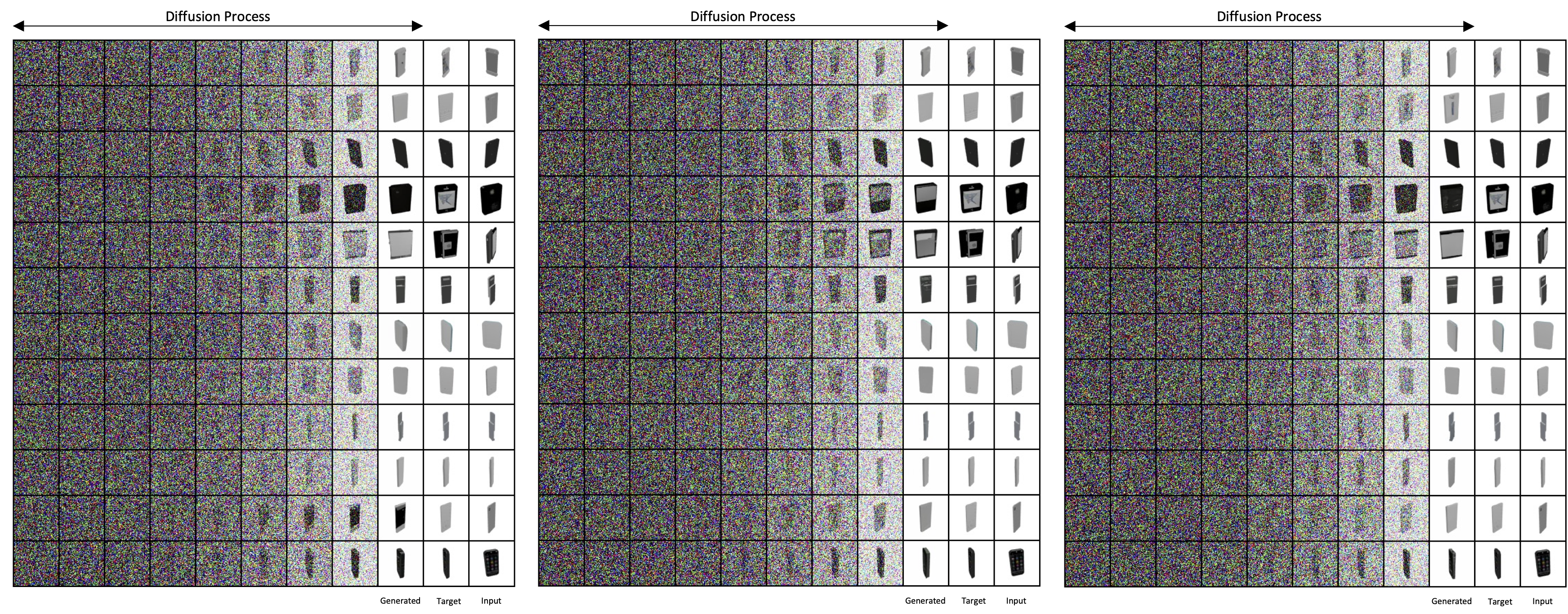
New collaboration targets the mine-to-market value chain
The Finnish Center for Artificial Intelligence FCAI has started a new industrial collaboration with mining and minerals giant Metso, data visualization systems manufacturer LightningChart and AI analytics platform Quva. The AIMODE project addresses several challenges in the mining industry, such as energy efficiency, sustainability and raw material quality, with artificial intelligence solutions.
See the story
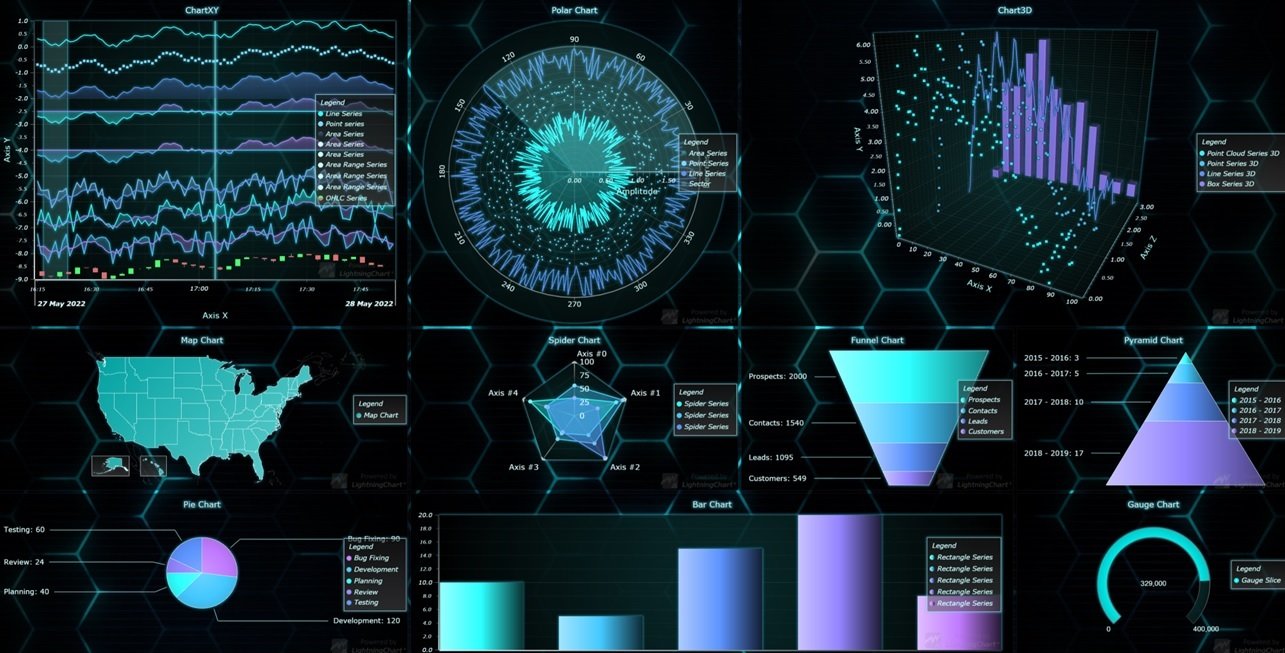
Open-source PyVBMC package speeds up statistical inference
Researchers from the Finnish Center for Artificial Intelligence (FCAI) have released PyVBMC, a new open-source Python package for efficient statistical inference with complex computational models.
See the story

Tackling information security challenges with diverse expertise
See the story.

Synthetic data can protect privacy
Synthetic data generated by artificial intelligence can be used for performing statistical inferences on, for example, the personal data of real people. Research on the topic currently holds both promise and challenges.
See the story.
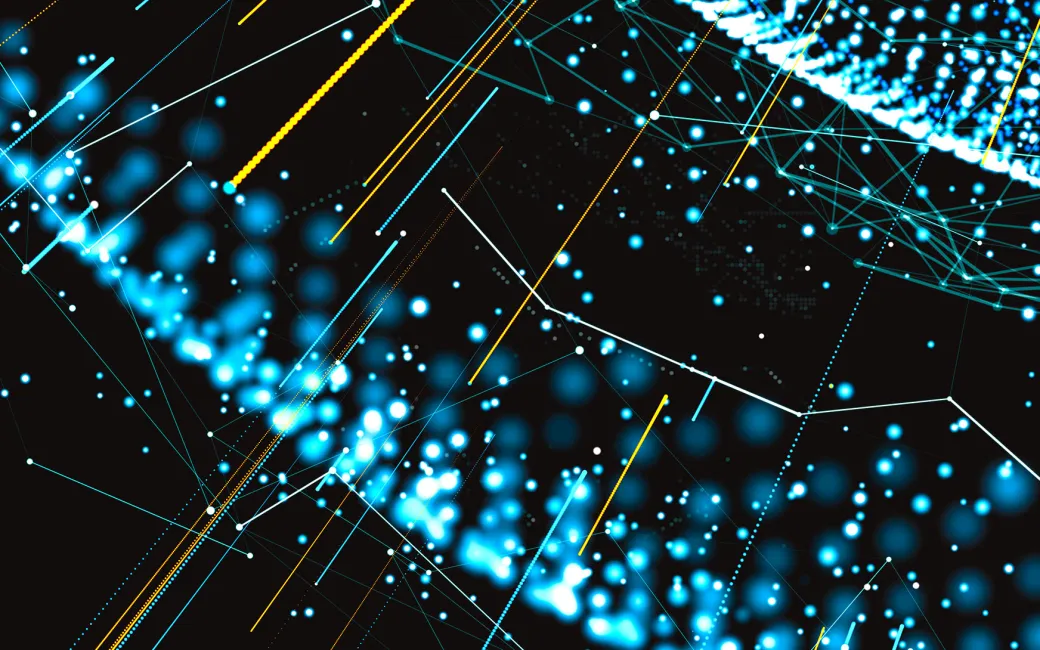
Understanding the Universe with Computer Science
University of Helsinki’s (UH) Department of Computer Science organised an event “Computing & Space” at the Think Corner on 6 September 2023.
See the story

Hannu Toivonen releases a popular science book on artificial intelligence
With artificial intelligence remaining the subject of heated debate, the topic should be opened up to the public in Finland too. Professor Hannu Toivonen has published a book that does just that, while also exploring misunderstandings and misconceptions about AI.
See the story
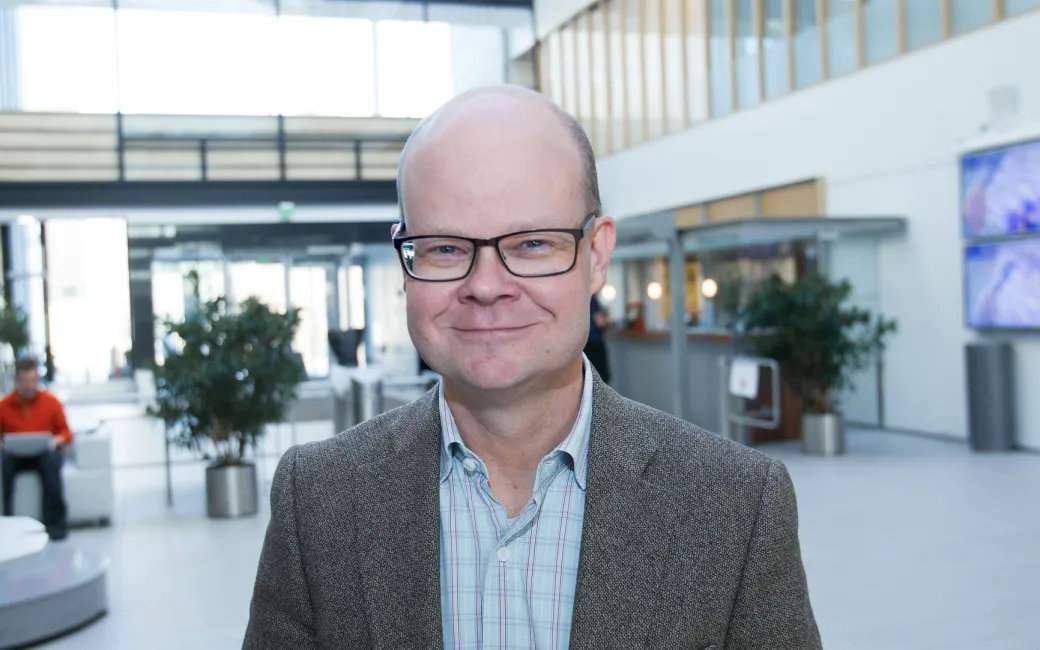
Does ChatGPT make us lazy?
FCAI’s Ethics Advisory Board hosted a discussion on using ChatGPT for research at Tiedekulma in August. An in-person audience of 55 was joined by 250 viewers online.
See the story
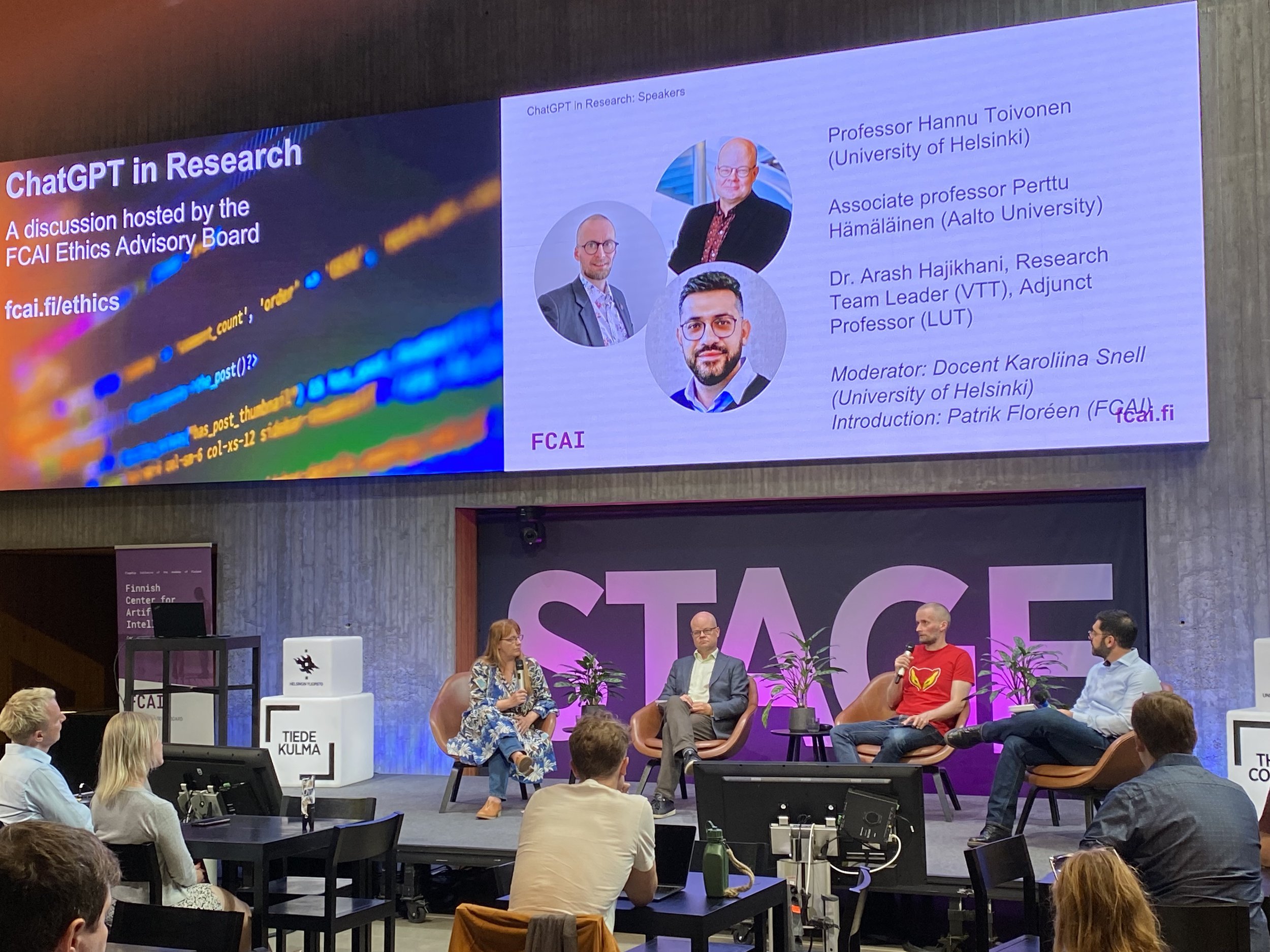
Bayesian Methods Yield Improved Knowledge on the Generation of Brain Functional Networks
HIIT-funded research illuminates the role of conduction delays between brain regions in generating brain functional networks.
See the story
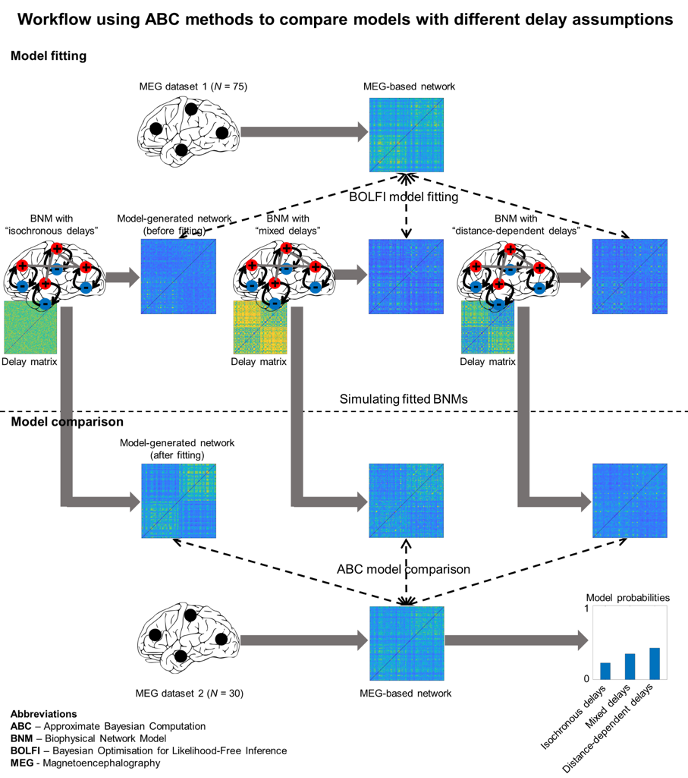
The IoT connection, which utilizes the energy and infrastructure of the mobile phone network, enables the development of new services
Aalto University has developed the first prototype of an Ambient Internet of Things (AIoT) system operating in a mobile phone network, which enables a very energy- and cost-effective data transfer method for Internet of Things applications.
See the story
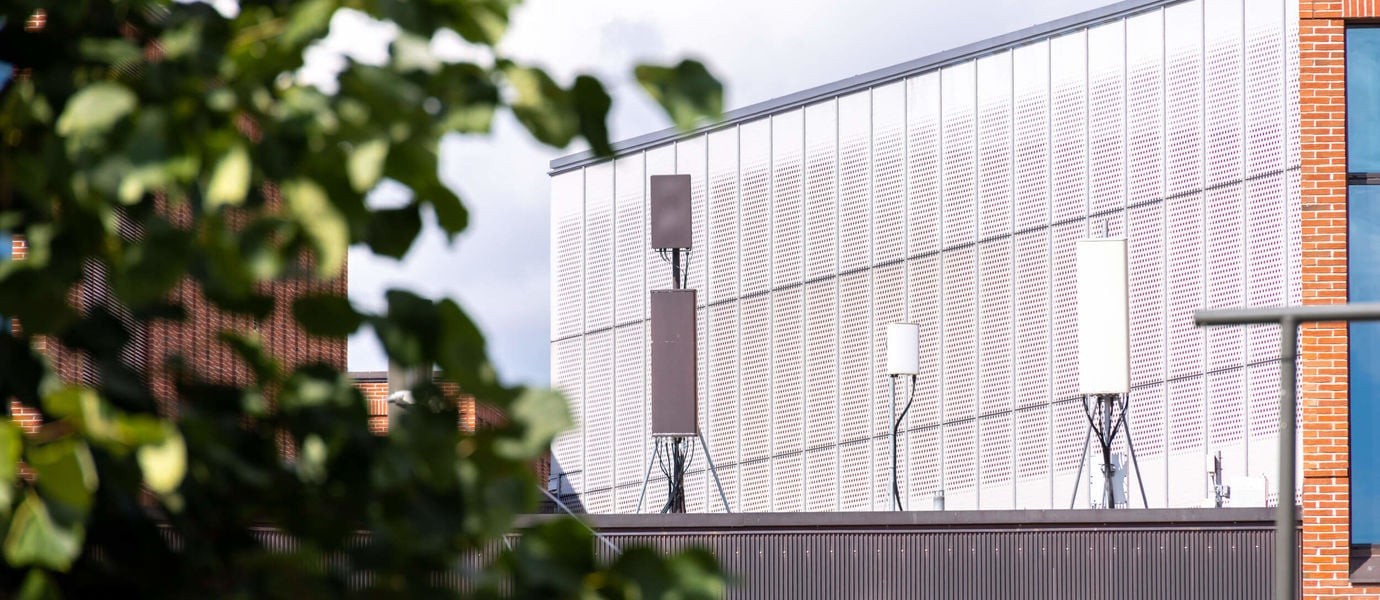
Generation of Safety-Critical Scenarios for Autonomous Vehicles
MSc thesis of Yuhang Yang proposes to use reinforcement learning to generate of safety-critical scenarios for autonomous vehicles.
See the story.
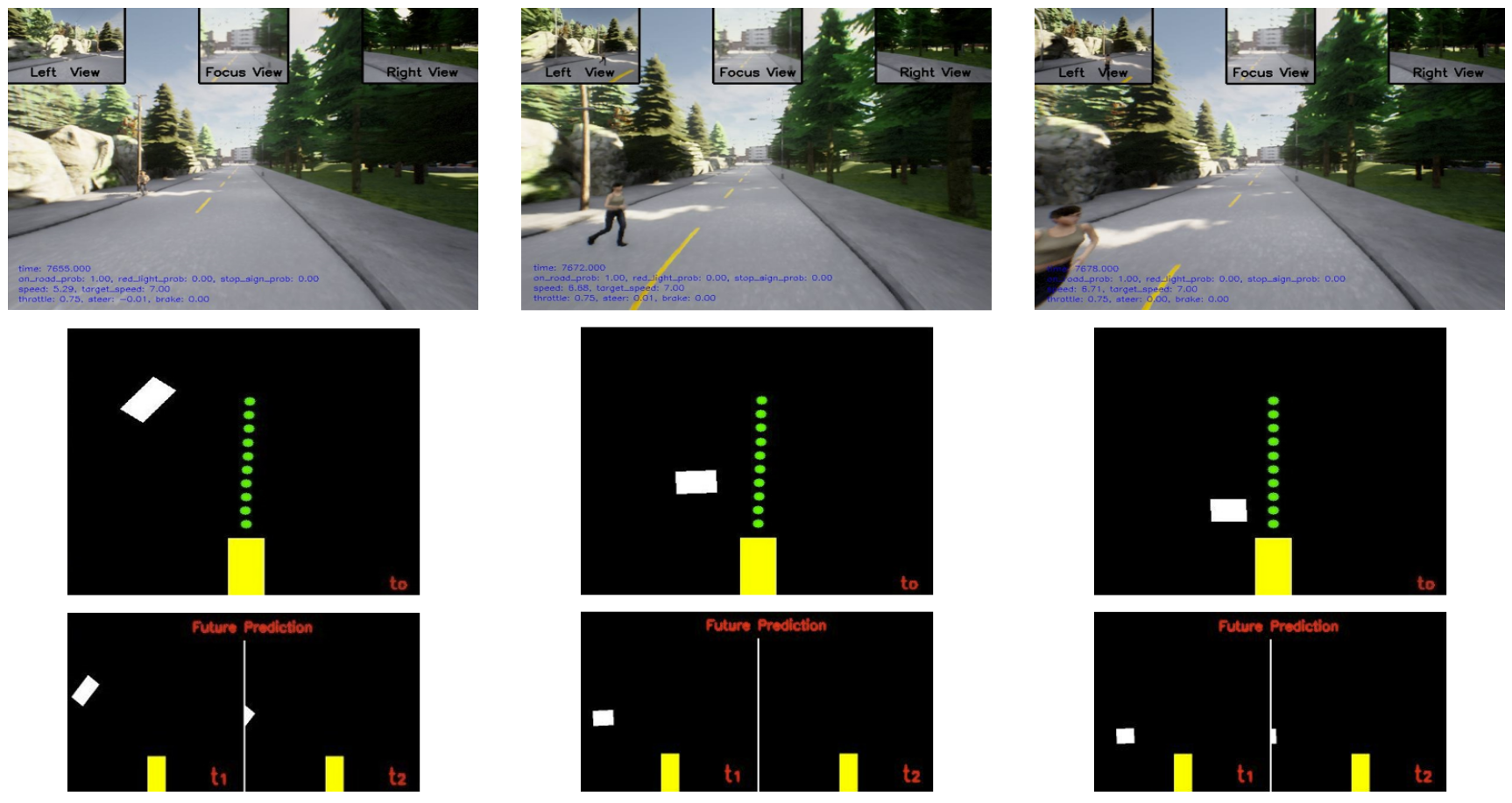
Usability is a critical factor in IT systems – Aalto students and companies collaborate for better digitalisation
Aalto University students and teachers joined forces with partner companies during a course which teaches evaluating the usability and user experiences of digital systems.
See the story.
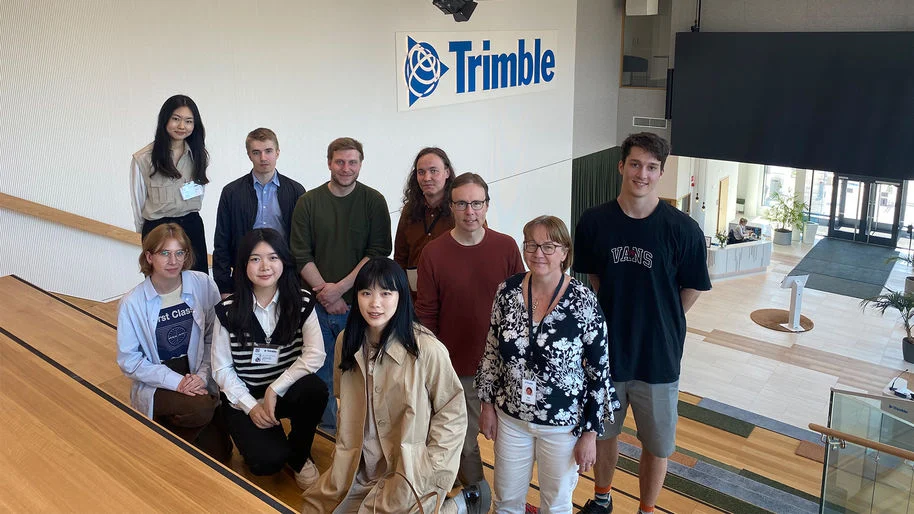
Researchers develop better treatment methods for kidney disease patients
HUS, Aalto University, the University of Jyväskylä and VTT are investigating ways to offer better home dialysis treatment methods for kidney disease patients.
See the story.
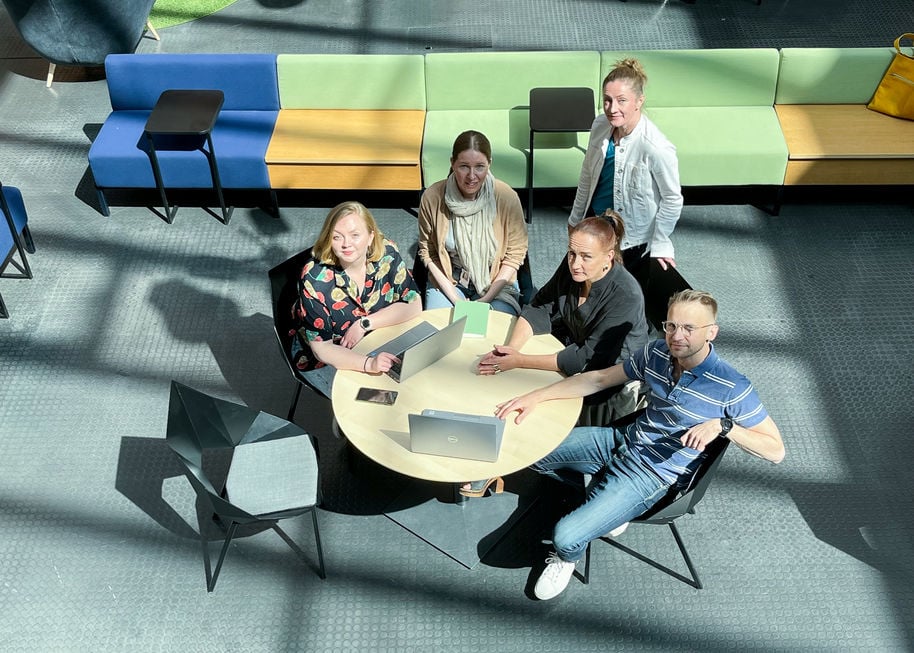
Prototyping and Simulation of Multisensorial Fabrics
Ongoing research towards AI-aided design of textile-based capacitive sensors funded by HIIT.
See the story.
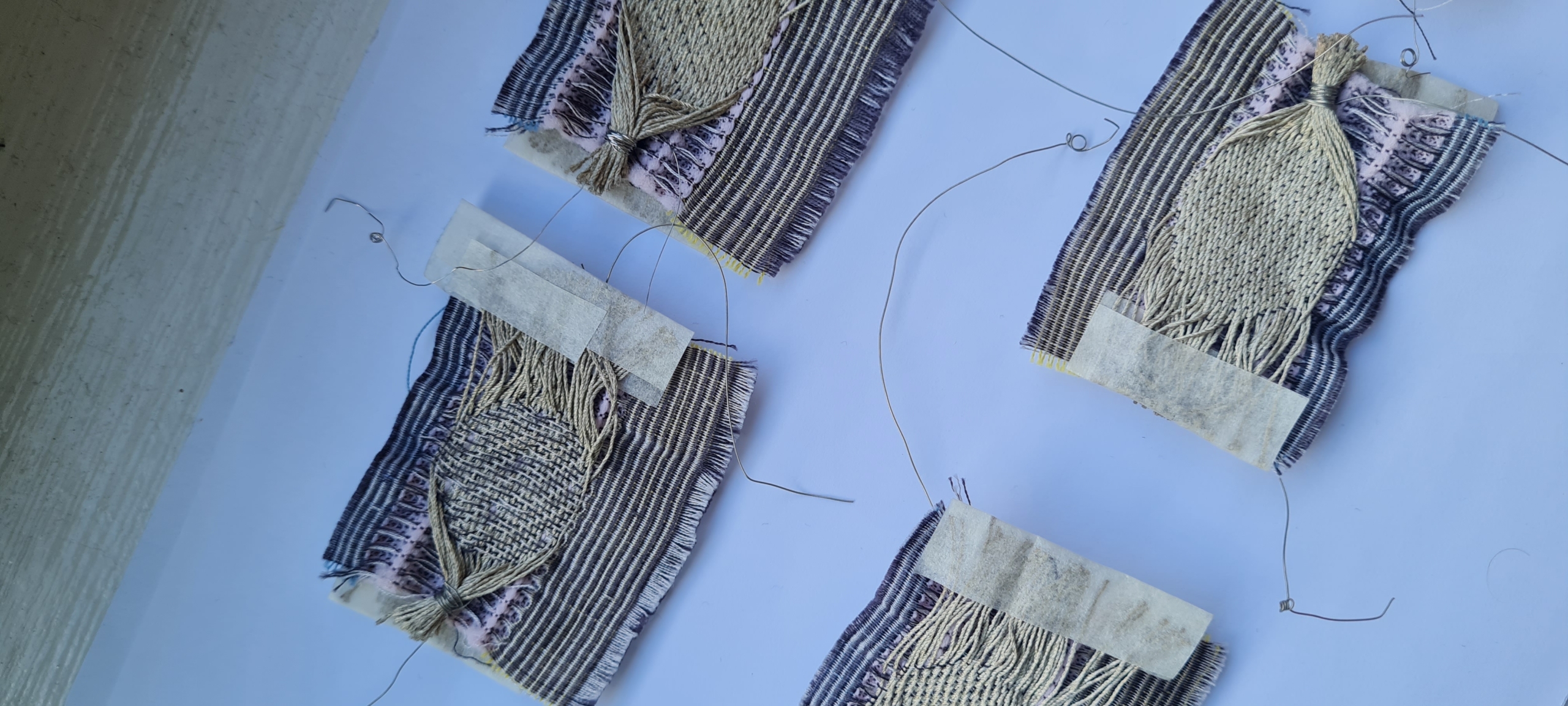
Supercomputer simulations provide a better picture of the Sun’s magnetic field
Scientists don’t fully understand how magnetic fields are generated and amplified inside the Sun, but a study recently published in Nature Astronomy answers one of the fundamental questions about this complex process. By clarifying the dynamics behind solar weather, these findings could help predict major solar events a few days earlier, providing vital extra time for us to prepare.
See the story.
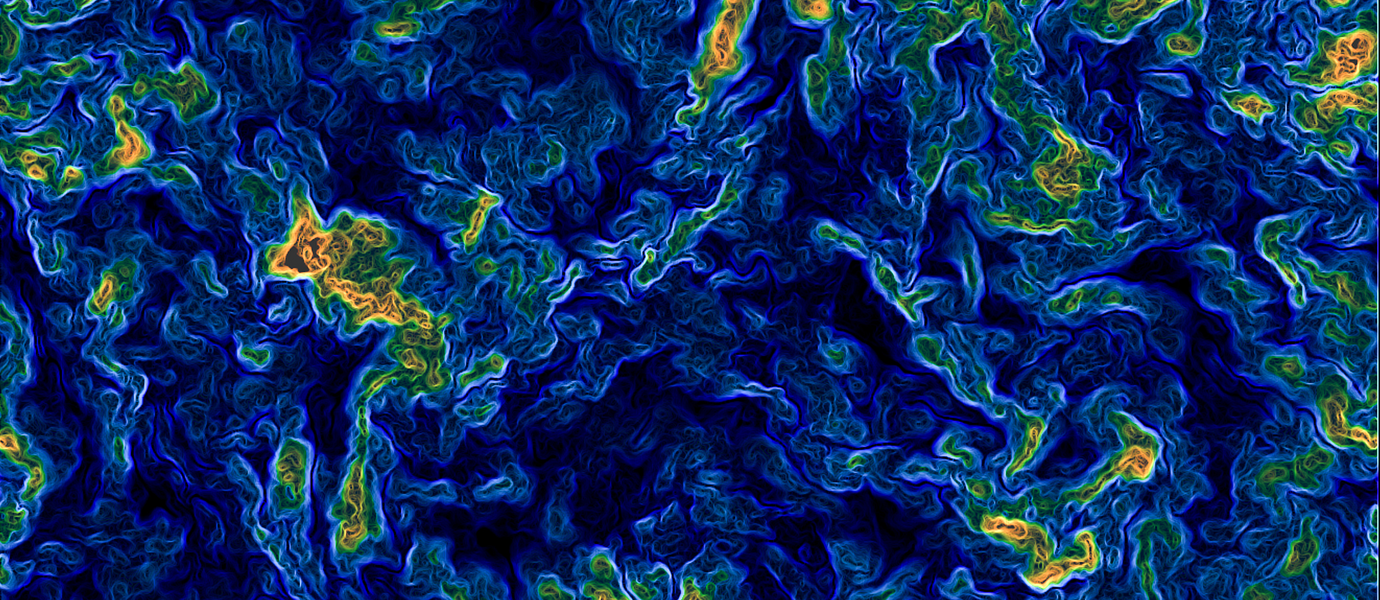
A sustainable web: new tool helps webpage designers reduce runaway energy consumption
Websites may seem insubstantial, but hosting the data and sending it to users consumes energy. Researchers at Aalto University have developed a new, user-friendly service that analyses how much data a website has and suggests improvements to reduce the load.
See the story.
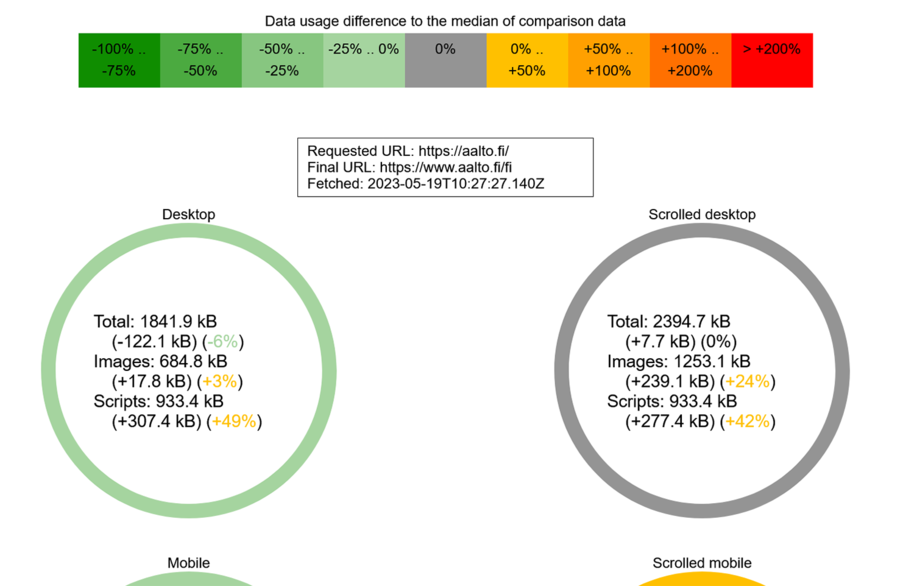
Blind trust in enhancement technologies encourages risk-taking even if the tech is a sham
A new study suggests that a placebo effect is at play when people expect their performance to be enhanced by augmentation technologies, such as artificial intelligence (AI). The researchers found that individuals with high expectations of these technologies engage in riskier decision-making, which could be a problem as people adopt these technologies without properly understanding their benefits and limits.
See the story.
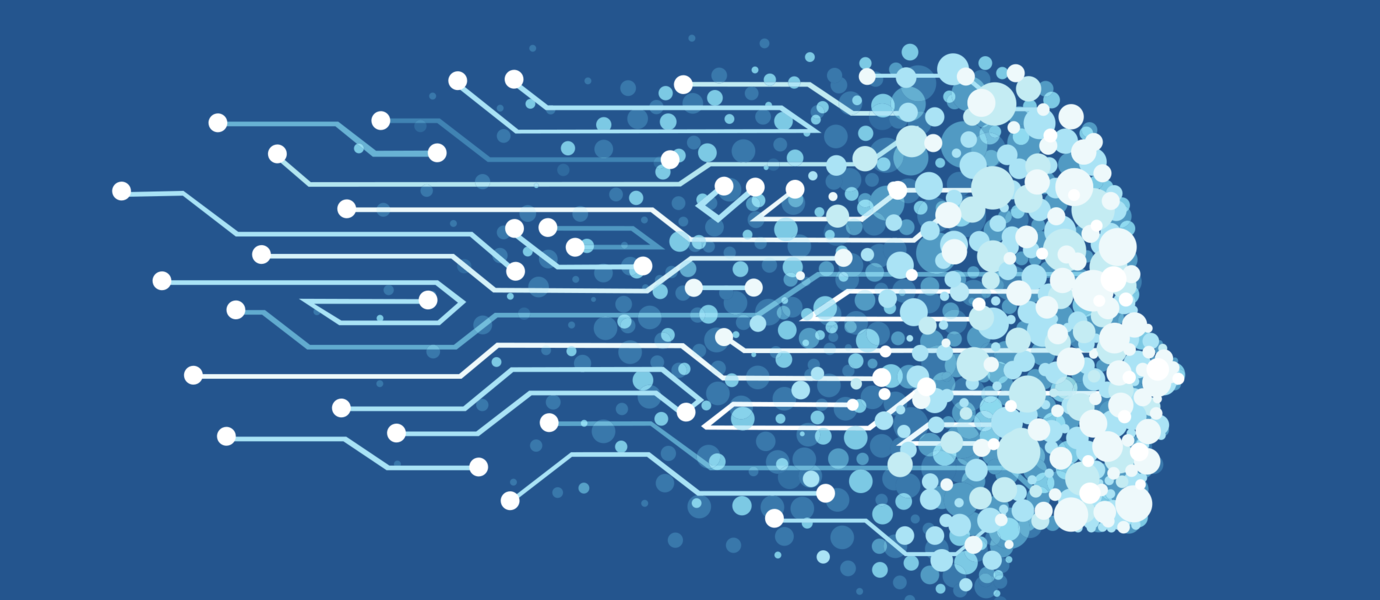
Chat AIs can role-play humans in surveys and pilot studies
Synthetic data from large language models can mimic human responses in interviews and questionnaires. Research data from popular crowdsourcing platforms may now contain fake responses that cannot be reliably detected, raising the risk of poisoned data.
See the story.

Turbo-charging AI: Collaboration with NVIDIA renewed as joint tech center marks three years
NVIDIA AI Technology Center (NVAITC) Finland has accelerated research, training and computing power in over a dozen projects where high-performance computing meets AI.
See the story.
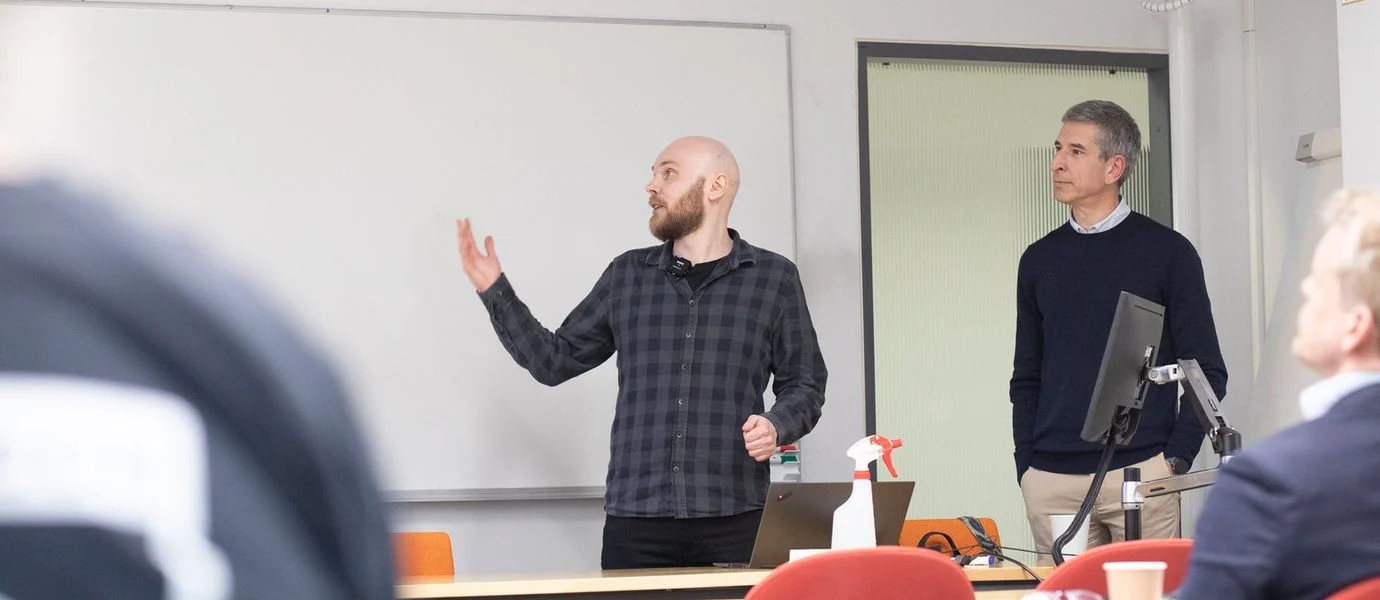
Artificial intelligence assists in dental care and jaw surgery
A model locates nerve canals in the lower jaw quickly and precisely, helping radiologists and dentists save time and effort.
See the story.
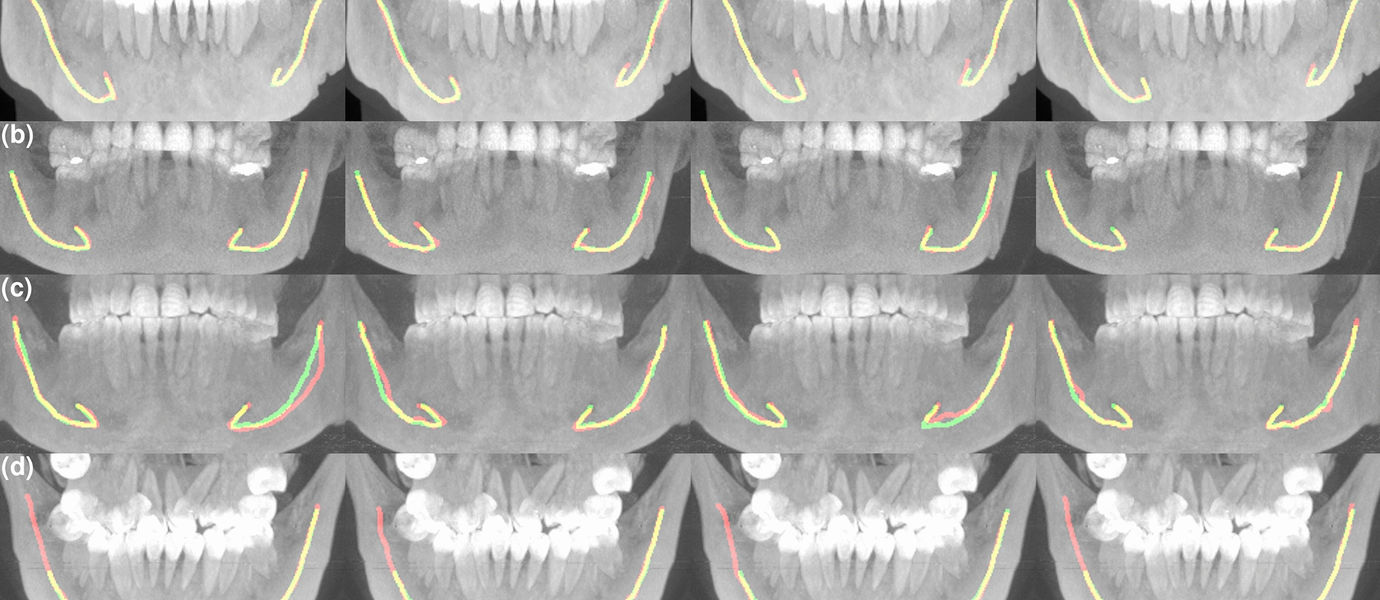
One in four internet users are overwhelmed by the clutter in their browser
Five billion people spend almost half of their waking hours online. According to a new study from Aalto University, browser clutter is a serious problem for one in four of them. The results will be presented on April 27 at CHI 2023, the leading conference for human-computer interaction research.
See the story.
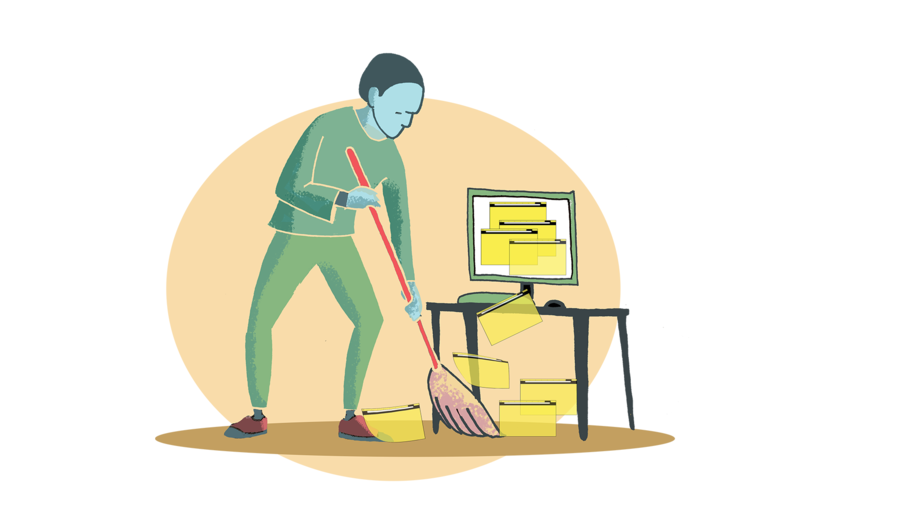
We have to realise that machine learning models cannot be trusted with absolute certainty
A study based on expert interviews urges increased attention on possible faults within systems. Anticipating things going wrong is necessary, as are appropriate mechanisms for correcting errors.
See the story.
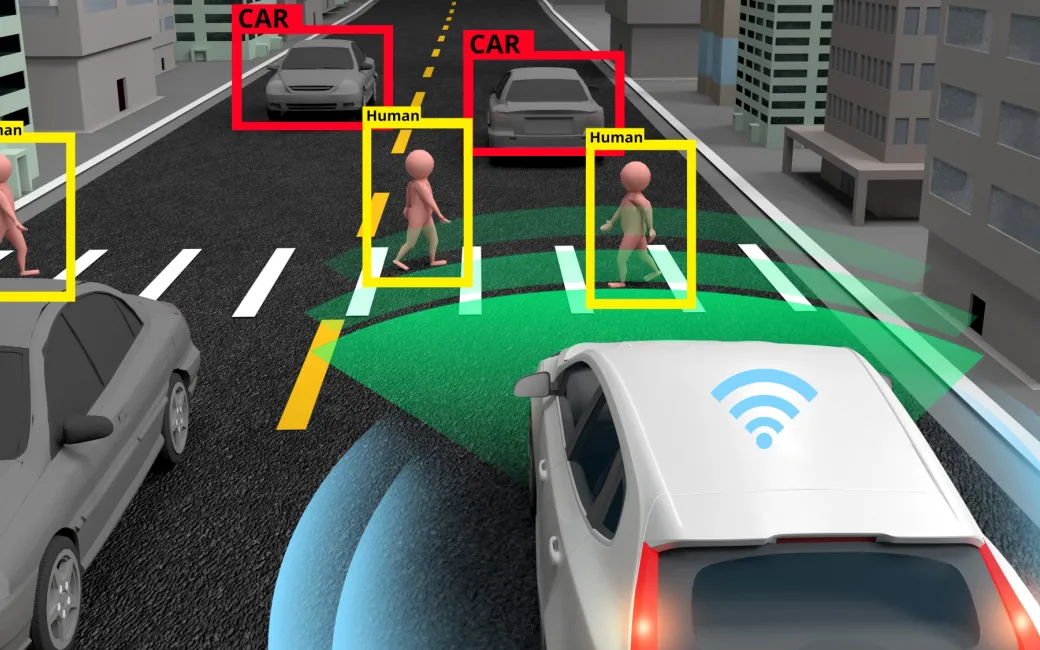
Engineering enzymes with AI
Aalto University and VTT scientists have launched a project to create new enzymes with the help of machine learning. The goal is to accelerate the transition towards a circular bioeconomy.
See the story.
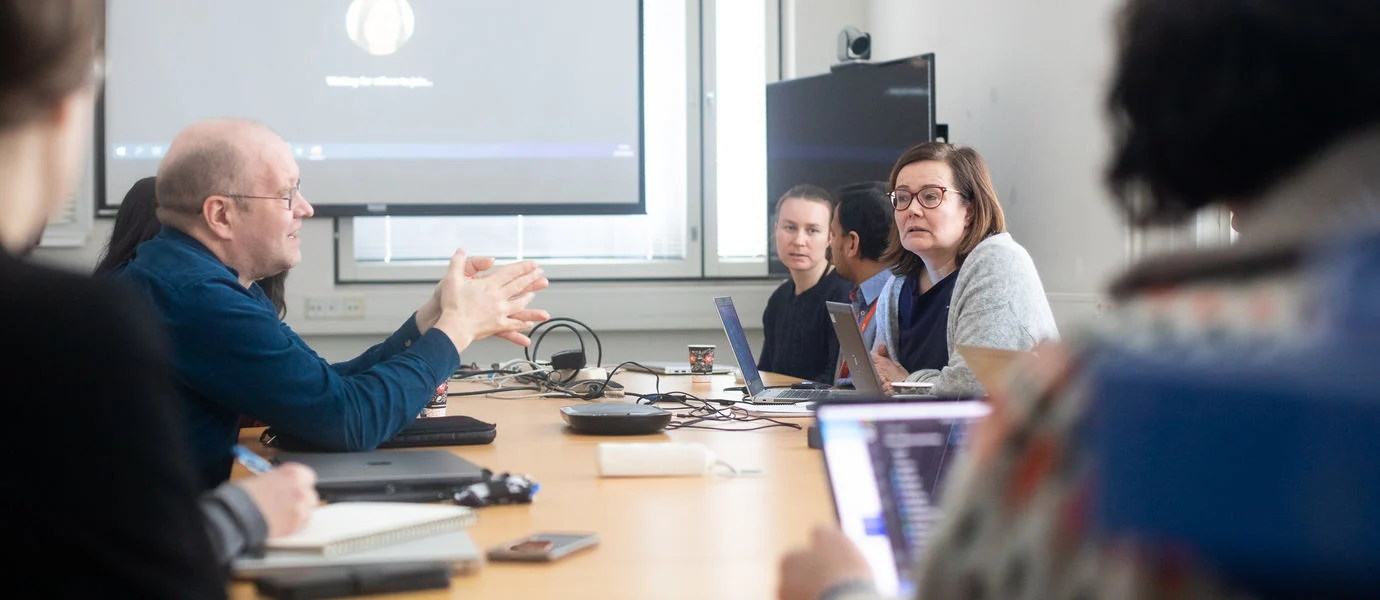
Artificial intelligence knows you – What does it tell others?
The more common the use of AI systems becomes, the greater the risks of abuse. Professor Antti Honkela points out that data protection and information security must be held as guiding lights when developing such systems.
See the story.
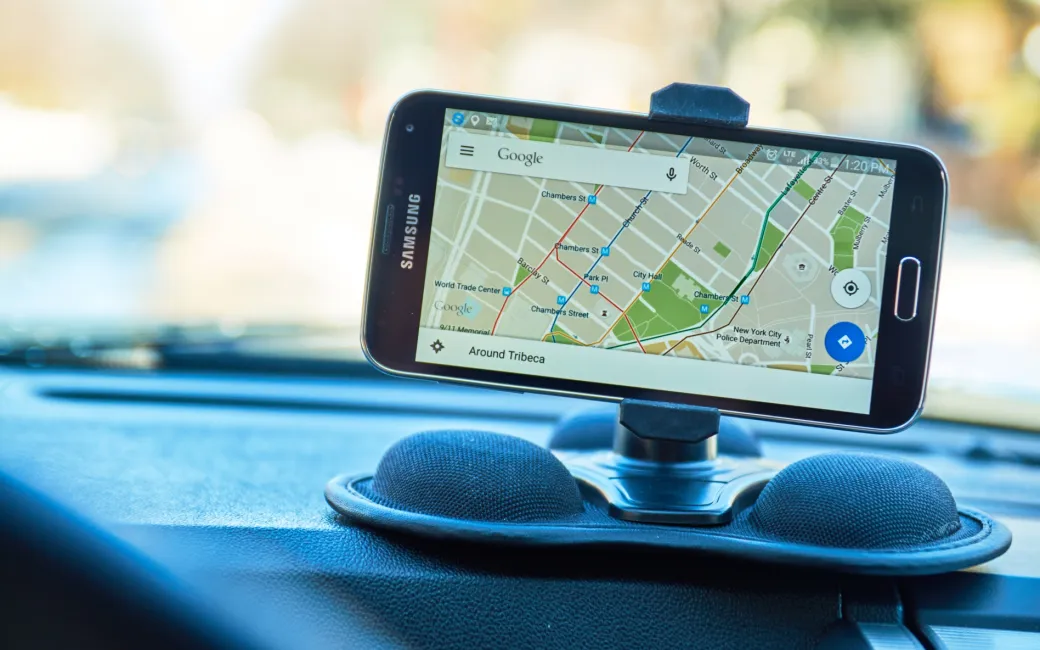
Next-gen AI designers won’t crush human creativity
New research shows that AI assistance can indeed create better designs, at least in simple simulated cases. The challenge for designers, and users of AI tools more generally, is clear communication of goals that initially may be nebulous.
See the story.
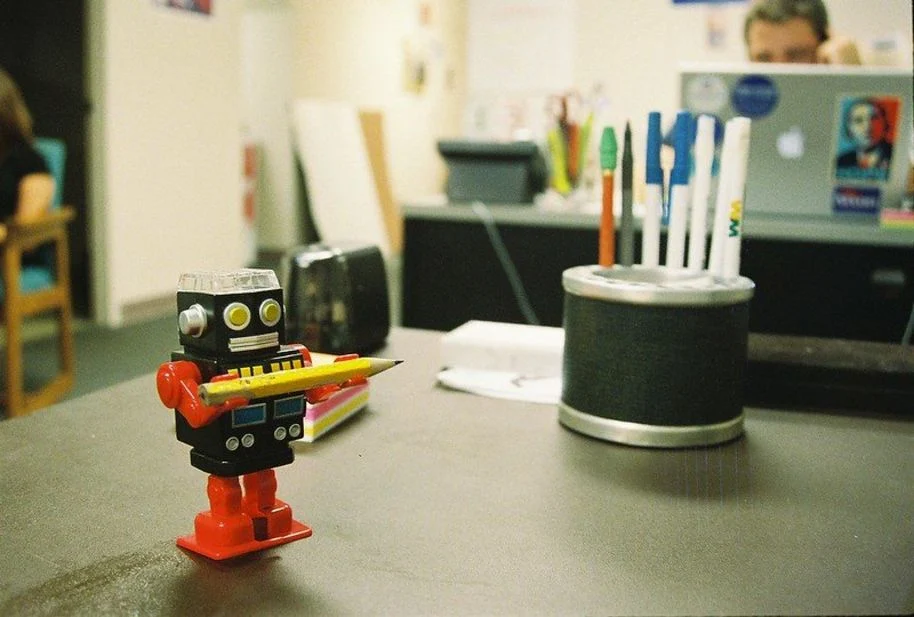
Human AI learns to emulate pain: Aapo Hyvärinen’s book explores the relationship between suffering and intelligence
Professor of Computer Science Aapo Hyvärinen has published a book online entitled Painful intelligence: What AI can tell us about human suffering. The book utilises the modern theory of artificial intelligence to understand human suffering, particularly of the psychological kind.
See the story.
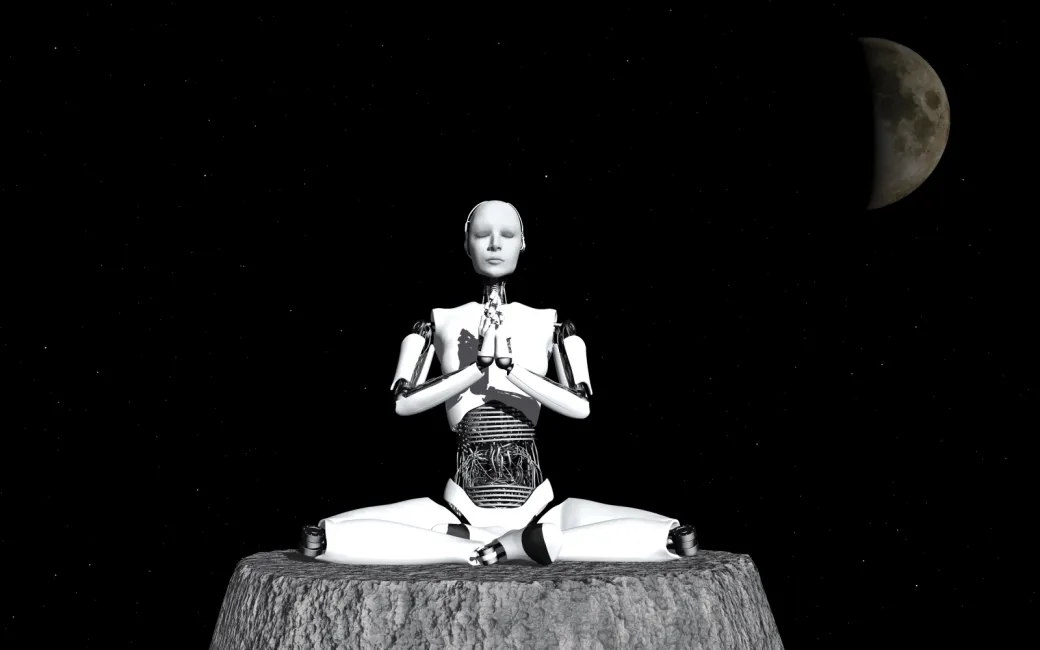
Scientists unravel the effects of new medication for advanced melanoma with the help of AI
Researchers at Aalto University, the University of Helsinki and Helsinki University Hospital Comprehensive Cancer Center have studied how a completely new treatment option affects the immune system in patients with advanced melanoma.
See the story.
